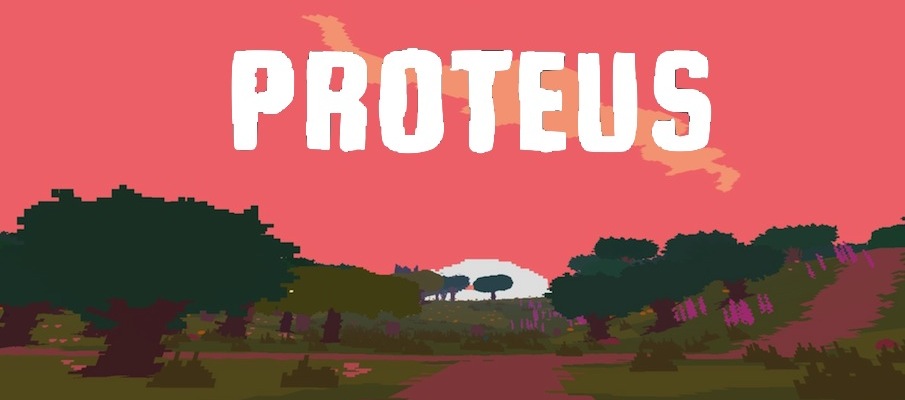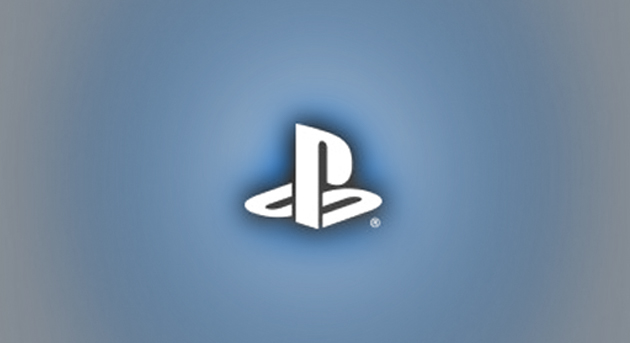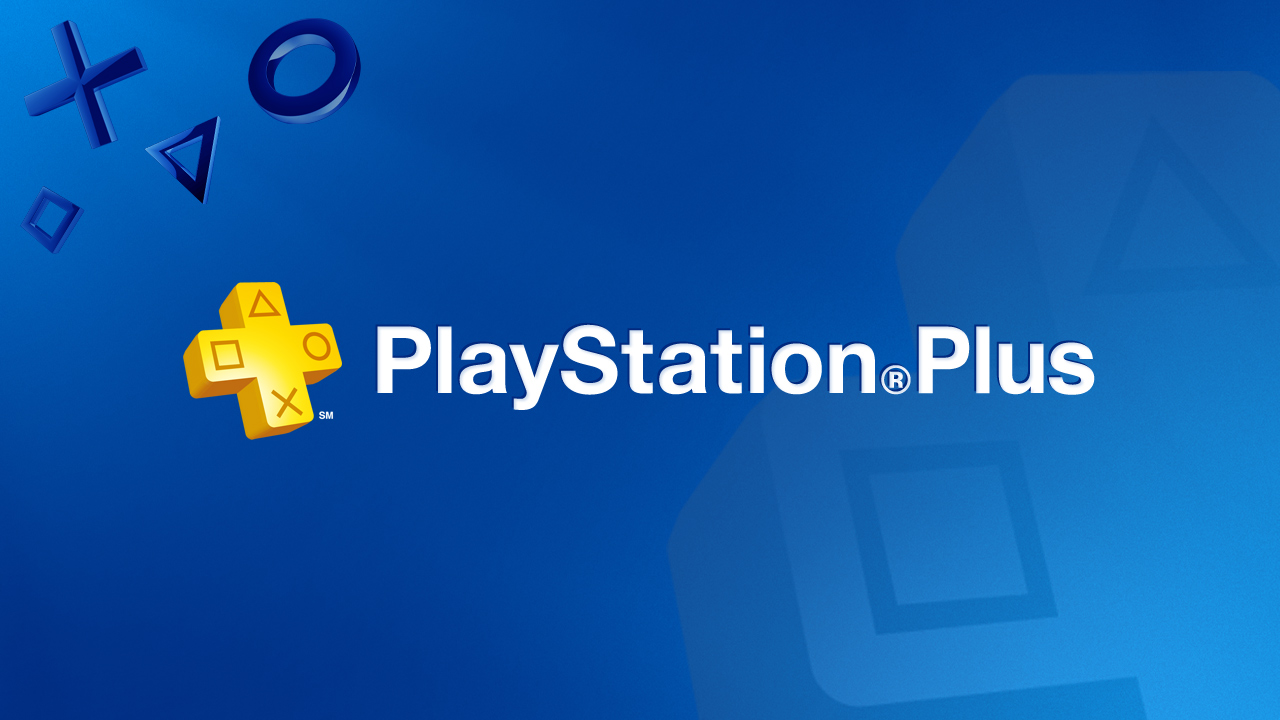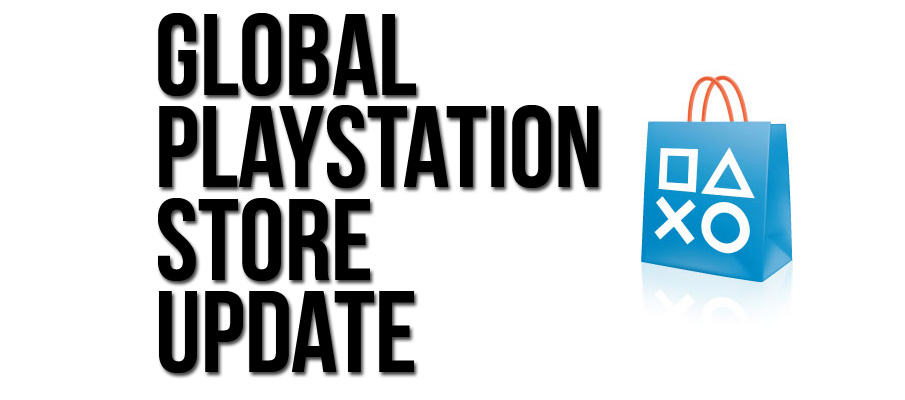
Developer Q&A with Ed Key on Proteus for PS3/Vita
Posted by Nick K on October 10th, 2013 | 2 Comments | Tags: Proteus
A while back I managed to get in touch with a man by the name of Ed Key who, earlier this year, released Proteus for PC. As it turns out, this game is now headed to PS3 and Vita thanks to Curve Studios and their amazing craft of taking amazing indie games and making them better for PlayStation consoles.
Ed helps me to understand what Proteus is, what Curve has done to it for Vita, and how Proteus came to become a thing for PlayStation 3 and Vita in the first place. Without further delay, enjoy the Q&A:
Q: In your words, what is Proteus? Is it a game or is it something else entirely?
I call it a game, but I guess there are a lot of different formal and informal definitions of “game” these days so maybe it’s best just to look at how it differs from the type of game common today: There’s only really one simple puzzle, there is an arc and an ending, there are secrets to find and other little things to figure out. It (almost) never tells you what to do or that you’ve found something. It’s quite short if you only play it once, but we hope it’s something that you’d choose to linger in or revisit, and some people do this a lot. I alluded to music albums in the [PS] blog post: The music is really important here. Not just passively listening to it but also kind of remixing it and unfolding it slightly different ways as you explore. I think this is a big factor in the sense of “flow” in Proteus, as well as just the reactivity of the world and the music. It’s more about tapping into a feeling and a state of mind than anything else.
I feel like I’m treading a fine line between setting people’s expectations right on one hand and leaving a bit of mystery around it on the other!
(By the way, my current favourite mind-game relating to this issue is this: Are puzzles games? No one calls a Rubik’s Cube a “game” but many videogames are just a sequence of puzzles. Does putting several puzzles in a row make something a game? Are 3 Rubik’s Cubes a game? The only formal definition of “game” that I think is worth anything is Chris Crawford’s but then if you take that literally than most videogames aren’t games. A fun predicament!)
It is puzzling! 🙂
Q: For something that “lurks on the shady fringe of what it means to be a game”, how have you gone about adding trophies which would seemingly add objectives to an otherwise open experience?
It was tough! I think I redesigned them from scratch about 4 times. We deliberately didn’t have any in the original Steam version, but I think the current set is pretty interesting. All the non-hidden ones are a little bit cryptic and are mostly about taking one aspect of the island and following it to an extreme. Actually one of the biggest sticking points here is that trophies require text, and one of the core design points of Proteus was that once you’re in the game there’s no text of any kind. I think this adds to the vague dreamlike vibe – the verbal part of you is kinda off the hook and free to wander. If you want to play it safe and avoid disruption, I think I’d still say that it’d be best to play with notifications turned off the first time.
Q: With you and David Kanaga’s original vision of Proteus having been released on Steam for PCs earlier this year, what changes have been made specifically for PS3 and what will be unique to Vita?
Most of the new features are related to the Vita hardware: You can use the motion sensors control the view and after a certain stage you can use the back touchscreen to manipulate aspects of the world. On both systems, you can explore an island unique to the current date and on Vita you can generate one based on your current location as detected via PSN. Both of these will hopefully randomly reveal some cool-looking things as time goes on. There are almost certainly a few more features that I’ve forgotten to mention here! Lastly, both versions have been rewritten from the ground up in Curve’s in-house engine and have a lot of extra fine-tuning, polish and bug-fixing.
Q: I understand that an island can be randomly generated in Proteus. Do you consider this element of Proteus to be a game mechanic or a character(istic)?
I wouldn’t call it a mechanic as it’s not really part of the player interaction but I consider the procedural generation to be a kind of “frozen system” that adds richness and depth to the world. I’m not sure how observable it is to most players, but I enjoy looking at the results and having a feeling for why certain things were created as they are in a given island.
Q: What sort of interactions does the player have with the island? Having no clear objectives must be boring, right? Can you explain how the controls have been implemented for the PS3/Vita version?
It’s deliberately very minimalist, but there are lots of little interactions and effects to discover, even if you can’t actually pick anything up or hit anything. I guess it’s like going for a walk in the woods, if you’re an alien with extreme synaesthesia. You can’t chop down trees but you can investigate things, chase things, and so on. I’m being cagey here! I think it’s possible to figure out the objectives for yourself. I’m much more interested in this kind of self-directed performance than just being given tasks to do. It’s what I love doing in RPGs: Just ignore the boring quests and head out into the world!
Regarding controls – on both platforms, the default setup is a standard FPS-style twin stick configuration. On the Vita you can also tap the L trigger to toggle “motion camera” mode: this switches rotation control to the motion sensors and gives a really nice feeling of having a movable window on the the world, like a VR helmet without the nausea and with better resolution!
Q: Curve Studios has done a really great job on the PSN versions of games like Thomas Was Alone, Stealth Inc, and the recently release Lone Survivor Director’s Cut. How did you go about getting in touch with them and eventually getting them to handle the porting of Proteus to PS3 and Vita?
Luckily I know Bidds (Curve’s creative director) from various indie meet-ups in London, and he actually approached me about doing the port. I don’t think it would have occurred to me otherwise, but I’m glad it happened! I think this is how they’ve gone about it with all of their ports (regardless of whether they know the developer already), so I’m not sure if they are taking proposals. As a side-note, Sony and especially Shahid Kamal are very approachable for indies looking to bring a game to a Sony console.
Q: What are you working on now? Is there any chance we might be seeing Proteus or maybe your next project on PlayStation 4?
I’m still tying up some loose ends with Proteus, but I’ve been playing around with some ideas for another exploration-themed game, possibly with elements of Russian folktales and procedural storytelling. We’ll see how that looks after a few prototypes! This will probably be written using the awesomely cross-platform Unity3D and I’d love to get it on PS4 at some point, once I know what the game actually is…
I rather enjoyed talking with Ed and hope one day to meet the man behind Proteus. I must thank him for taking the time out of his busy schedule to answer my questions. Do you have any questions or comments about Proteus? Leave them in the comments area below…




